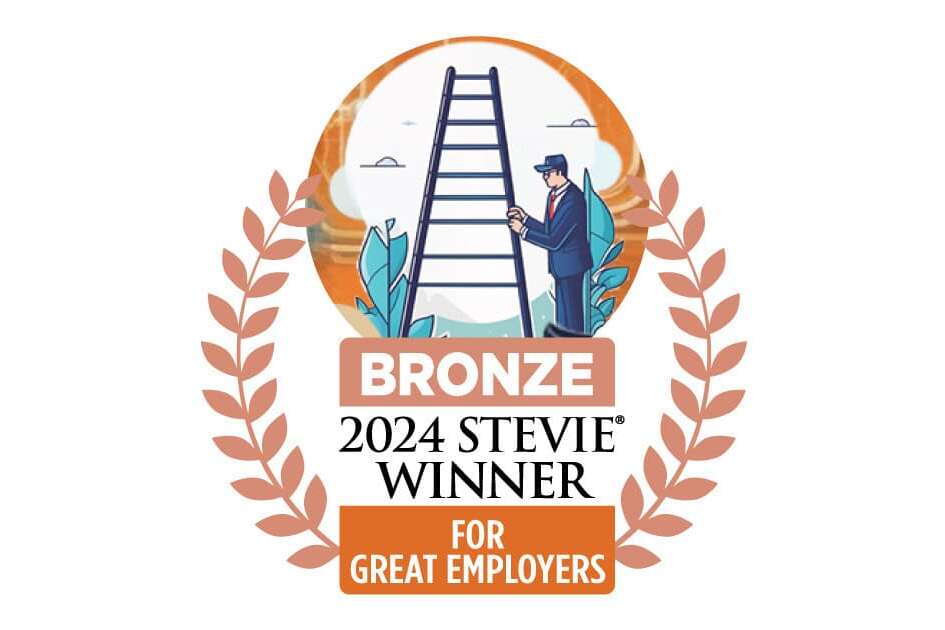Sometimes it seems there is much confusion as to the definition of exactly what “sales enablement” is.
According to Gartner, sales enablement is “the process of providing the sales organization with the information, content and tools that help salespeople sell more effectively.”
Meanwhile, Hubspot defines sales enablement as “the iterative process of providing your business’s sales team with the resources they need to close more deals. These resources may include content, tools, knowledge, and information to effectively sell your product or service to customers.”
Over at Forrester, sales enablement is explained as “a strategic, ongoing process that equips all client facing employees with the ability to consistently and systematically have a valuable conversation with the right set of customer stakeholders at each stage of the customer’s problem-solving life cycle to optimize the return of investment of the selling system.”
Perhaps it is simpler to examine the term itself. Sales enablement includes anything that helps a salesperson be better able to sell.
Every company endeavors to provide their salespeople with everything they need to be successful. More often than not these are built for salespeople who work for them. They are every bit as useful and valuable to salespeople working in the company’s channel partner companies as well.
What Does Sales Enablement Include?
Most people immediately think of sales training. But if that were all there is to it, there wouldn’t be need for a separate term. Sales enablement goes well beyond just training.
It’s useful to think of “sales enablement” as being a process shared by your marketing and sales departments. Marketing tends to be the producer and sales the end user.
- Content is a major component of sales enablement. From white papers to case studies, product briefs, presentations, and published reviews, salespeople make use of content in many, many ways.
- Sales Tools such as emails and email campaigns, proposal boilerplate, direct mail and other collateral are a category of content worthy of separate attention.
- Systems for orchestration and optimization of sales activities such as customer relationship management, pipeline and sales funnel tracking, marketing automation, lead management and more.
- Strategic planning, most usually manifested in sales playbooks.
- Training not only in sales processes, techniques, and strategies but also product and product application training.
Can Indirect Channel Salespeople Use Sales Enablement Tools Built for Direct Sales?
With very few exceptions there’s really no reason why not, though indirect salespeople may use them somewhat differently.
Direct salespeople who are employed by the manufacturer or software developer have a singular mission to sell their company’s products. They clearly benefit from all the items listed above.
Channel salespeople, especially at managed service provider (MSP) partners, go beyond just selling any given vendor’s products. They are tasked with selling their own company’s services that wrap around those products. They may implement them, configure them, deploy them, manage them, monitor them, support them and more. Very often they’ll want to integrate vendor content into their own to form a complete proposal.
While it may seem counter-intuitive, indirect channel salespeople have a very significant advantage over direct representatives, so much so that many direct salespeople seek to partner with them. Customers don’t buy a product, they invest in what that product can do for them, the functionality they provide. The value they deliver.
Channel partners are in the business of putting vendor’s products to work. Their services enable those products to deliver that all-important value to customers.
5 Strategies Channel Sales Can “Swipe” from Direct
Getting the vendor’s products sold is an objective direct and indirect sales shares. It’s only natural that the content and strategies developed for the Direct team can be readily applied by Channel Partners as well. Some examples include:
- Case Studies – While most channel partners will prefer to leverage their own case studies to showcase their services along with the vendor’s products, they also benefit from presenting such compelling evidence of the value and functionality of the products. Especially in the early days of the partnership when they may not have projects under their belt, case studies created for Direct sales are just as valuable to Channel sales. No marketing tool is more persuasive than examples of other customers benefitting from the product and services.
- Playbooks – These are often created to present an effective strategy for selling into a specific vertical market. Channel Partners can adapt these for their use by simply amplifying the customer enablement services they add.
- Product Training – Whether direct or indirect, product knowledge doesn’t change and is equally required to enable salespeople to sell.
- Product Information and Collateral – Channel salespeople can readily incorporate key product information into their own sales letters, proposals, and other content items.
- Credibility – Smart channel salespeople seek to partner with direct salespeople and do joint calls. This votes tremendous confidence on the part of the customer that this channel partner is working that closely with the vendor of the product being used in their proposed project.




